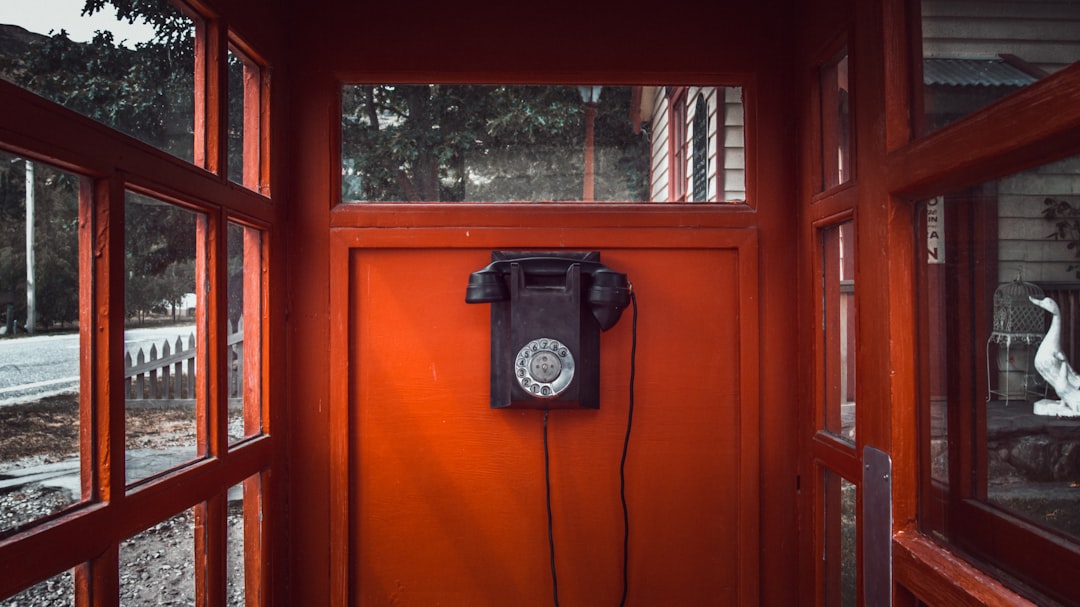In emergency situations, staying informed but avoiding spam calls from telemarketers is vital. Recognize automated systems, pre-recorded messages, and aggressive tactics used by telemarketers. Educate yourself on common patterns, use phone features or apps to block calls, regularly review call history, and remove unknown contacts. Utilize resources like the FCC and National Do Not Call Registry, along with reporting suspicious calls to local law enforcement for enhanced safety during emergencies.
Staying safe during emergencies is paramount, but spam calls can be a distracting hazard. In Iowa, understanding the tactics of telemarketers who exploit urgent situations is crucial. This guide equips Iowans with knowledge on identifying and blocking these nuisance calls effectively. Learn about state-specific resources and simple steps to protect yourself from unwanted telemarketer intrusions, ensuring peace of mind during critical times.
Understanding Spam Calls During Emergencies
During emergencies, staying informed and connected is crucial. However, spam calls can exacerbate chaos by cluttering your phone lines with irrelevant messages, making it harder to reach out for help. Understanding where these calls come from and how they operate is the first step in protecting yourself. Many spam calls are initiated by telemarketers who exploit emergency situations, believing that urgent claims or offers require immediate attention. They often use automated dialing systems and pre-recorded messages to make bulk calls, hoping to catch a few individuals desperate for information.
Recognizing these tactics enables you to be more vigilant. Never provide personal or financial details unless you’ve initiated the call and verified the recipient’s legitimacy. Most reputable organizations won’t demand sensitive information over the phone during emergencies. Staying alert and educating yourself about common spamming patterns can significantly enhance your safety, especially when every second counts.
Identifying and Blocking Telemarketers Effectively
Identifying and blocking telemarketers can be a crucial step in staying safe during emergencies. In Iowa, as in many places, these unwanted calls often masquerade as emergency notifications or important updates. To spot a telemarketer, listen for common cues like prerecorded messages, aggressive sales tactics, or the use of generic greetings like “Hello?” or “Is this [Number]?” Additionally, be wary of calls claiming to be from local authorities, banks, or reputable organizations asking for personal information over the phone.
Effective blocking involves utilizing your phone’s built-in call blocking features or downloading trusted apps designed to identify and block spam calls. Many modern smartphones have settings that allow you to block specific numbers or types of calls. Regularly review your call history and block any recurring telemarketer numbers. Keep your contact lists clean by removing unknown or unverified entries, as these can be sources of unwanted calls.
Resources and Steps to Protect Yourself in Iowa
In Iowa, staying safe from spam calls, especially during emergencies, is a significant concern. To protect yourself, familiarize yourself with resources offered by state and national authorities. The Federal Communications Commission (FCC) provides guidelines and tools to block unwanted calls, including those from telemarketers. Utilize the National Do Not Call Registry, which offers a way to register your number and prevent most promotional calls.
Additionally, many phone service providers in Iowa offer call-blocking features as part of their plans. Educate yourself on these options and consider upgrading your service if necessary. During emergencies, never hesitate to report suspicious or harassing calls to local law enforcement. They can provide further guidance and ensure your safety from telemarketer intrusions.


